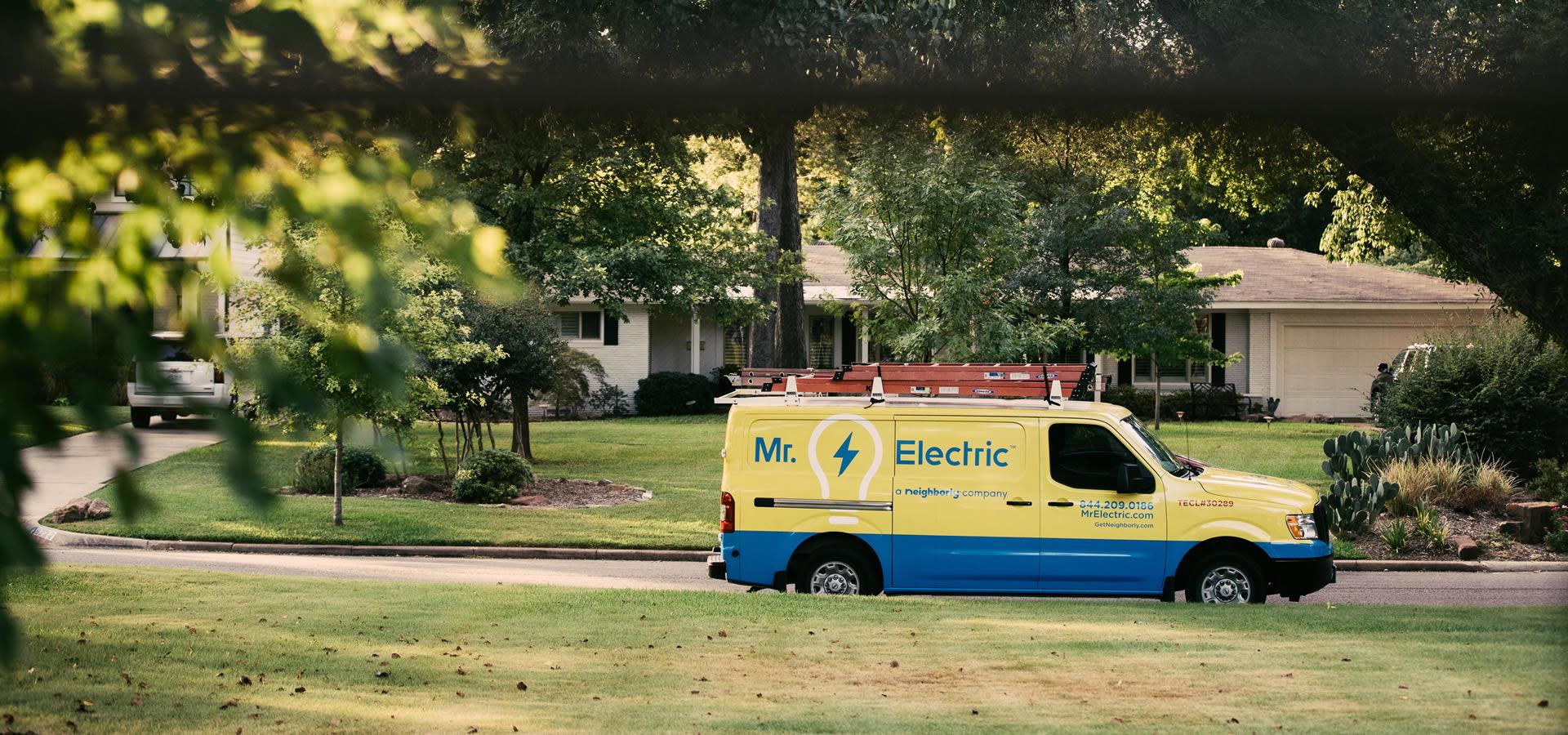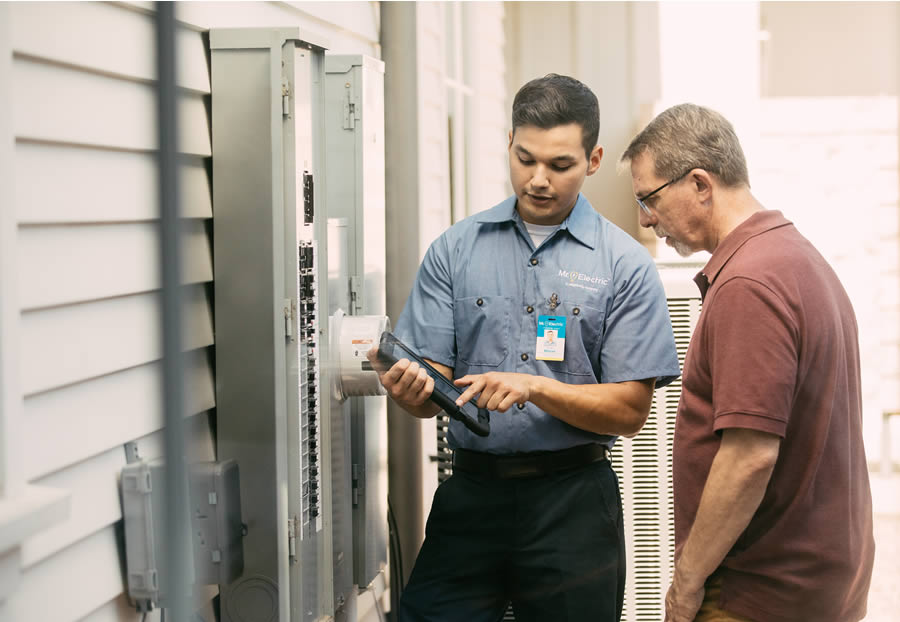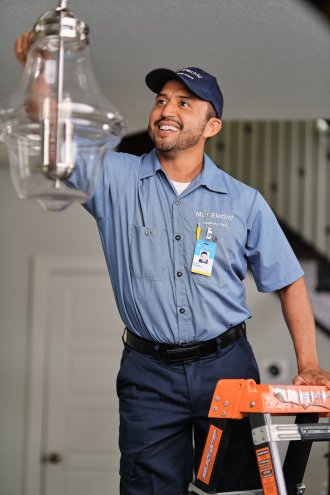How to Build an Electrical Panel
Electrical panels are the heart of any electrical system, managing and distributing power throughout a building. It's important to comprehend the procedure and stay away from common dangers whether you're an electrician, a homeowner in need of electrical repair services, or thinking about installing or replacing an electrical panel.
In this blog post, our professionals from Mr. Electric will dive into the key aspects of building an electrical panel to ensure a safe and efficient electrical system.
A Professional Electrician's Role
Hiring a licensed and professional electrician is one of the main factors to establishing an electrical panel successfully. An electrician is qualified to choose the appropriate panel, evaluate the electrical load needs, and make sure the installation complies with safety rules and regulations.
Electrical Repair Service: Evaluating Existing Panels
It is crucial to assess the existing electrical panel's condition before beginning any installation or replacement work. When doing an electrical repair service, electricians are able to spot possible problems like obsolete machinery, broken wiring, or insufficient capacity. The basis for determining whether an update or replacement is required in this review.
Selecting the Appropriate Electrical Panel
One of the most important steps in the process is choosing the right electrical panel. The panel's capacity has to correspond with the building's electrical requirements. An electrician will take things into account like the amount of electrical appliances, the size of the home, and any planned future additions. Selecting a panel that is large enough guarantees a steady supply of electricity and guards against overloading, which lowers the danger of electrical fires.
Electrical Panel Installation: Planning and Design
An effective installation of electrical panels requires careful planning and design. When designing a layout, electricians should take into account the panel's position, wire routing, and accessibility for future maintenance. A well-planned design makes sure that everything works as best as it can and helps make future repairs and troubleshooting easier.
Avoiding Common Pitfalls in Wiring
An electrical panel's functionality and safety depend heavily on proper wiring. Inadequate wire sizing, incorrect connections, and poor cable management are common mistakes. To avoid problems like overheating, short circuits, and electrical fires, electricians must abide by local electrical codes and industry standards. Potential wiring problems can be found and fixed with the use of routine inspections conducted during the installation process.
Adherence to Safety Codes and Regulations
When constructing an electrical panel, ensuring adherence to safety norms and regulations is vital and cannot be compromised. To ensure the safety of the installation, electricians need to be up to date on the most recent electrical codes and standards. Failure to comply with regulations can result in serious consequences, including fines and, more importantly, the compromise of occupant safety.
Thorough Testing and Inspection
To ensure the electrical panel is safe and functional, comprehensive testing and inspection are necessary after installation. To make sure the panel can withstand the expected electrical load, electricians should perform thorough tests, including load testing. Frequent inspections also aid in finding any problems that might have gone unnoticed during installation, enabling quick fixes.
Investing in Quality Components
Cutting shortcuts on parts might result in expensive maintenance and long-term problems. Purchasing high-quality wiring, switches, and breakers for the panel is really important. Good parts add to the overall dependability of the electrical system and extends its lifespan.
Need a Reliable Company?
Are you in need of an electrical panel replacement? Luckily, we at Mr. Electric have dedicated workers ready at your service. Contact our representatives for more questions.







